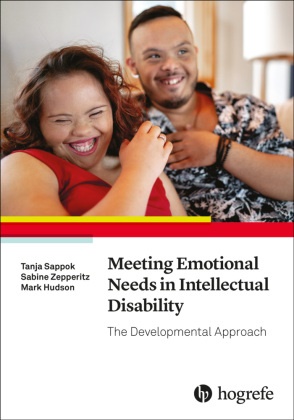Description
Product details
| Authors | Mark Hudson, Tanj Sappok, Tanja Sappok, Sabin Zepperitz, Sabine Zepperitz |
| Publisher | Hogrefe Publishing |
| Languages | English |
| Product format | Paperback / Softback |
| Released | 01.09.2021 |
| EAN | 9780889375895 |
| ISBN | 978-0-88937-589-5 |
| No. of pages | 194 |
| Dimensions | 180 mm x 14 mm x 254 mm |
| Weight | 457 g |
| Subjects |
Humanities, art, music
> Psychology
Non-fiction book > Psychology, esoterics, spirituality, anthroposophy > Applied psychology Klinische Psychologie, Psychiatrie, Psychologie: Emotionen, Orientieren, Psychische Störungen, Behinderung: soziale Aspekte, Biopsychologie, Physiologische Psychologie, Neuropsychologie, intellectual disability, challenging behaviour, Emotional development, attachment-based theory |
Customer reviews
No reviews have been written for this item yet. Write the first review and be helpful to other users when they decide on a purchase.
Write a review
Thumbs up or thumbs down? Write your own review.

